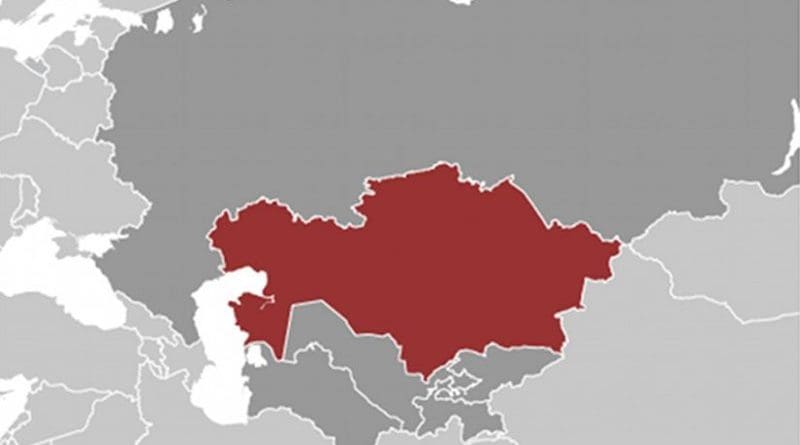Kazakhstan Now Uniting Failing Villages In Clusters To Help Them Survive – OpEd
By Paul Goble
Urbanization is leading to the demise of ever more rural communities across the post-Soviet space, destroying what has been the traditional source of much nationalist feeling. Governments have tried various methods to slow or even reverse this process. One of the most interesting is in Kazakhstan.
Over the last two years, the Kazakh authorities have adopted a policy which seems to be working and that others might copy: it is clustering existing villages to ensure that there remains sufficient population concentrations to support schools, hospitals, and other public facilities (camonitor.kz/36248-klasterizaciya-aula-kakoe-buduschee-zhdet-kazahstanskie-sela.html).
By saving these institutions, the national government has eliminated one of the major reasons rural residents have fled villages and moved to the cities. When schools, hospitals and even stores close, there are fewer reasons for rural residents to remain there and more pressure to move to the cities, depriving the country of its past and putting unwanted pressure on its cities.
Instead of trying to keep open schools and hospitals serving a declining number of people, the new clustering approach will group villages within 10 to 15 kilometers of each other so that there will be sufficient demand to justify fully funding these institutions and making the cluster a more attractive place for business development.
The program requires in the first instance making decisions about which villages will be at the center of these clusters, improving roads between them so that people can actually reach the newly located institutions, and finding enough money to make the program work well enough to keep people and business in rural areas.
Under the current plan, some 6500 villages will be consolidated into 1150 clusters over the next five years. So far, Kazakhstan has made sufficient progress in this direction that the central government has radically increased financing for this program and believes it will have the additional benefit of strengthening regions without major urban centers.
That in itself will slow the kind of moves toward hyper-centralization of the economy and political system that have plagued other countries in this region.

